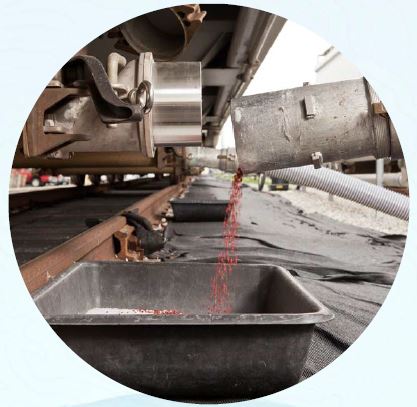Operation Clean Sweep
In March 2011, leaders from plastics associations around the world developed and signed
The Declaration of the Global Plastics Associations for Solutions on Marine Litter.
As of May 2016 a total of 65 plastic associations in 34 countries have voluntarily signed the Declaration. It outlines a set of clear objectives for industry action and advocates close cooperation with stakeholders to achieve substantial progress in reducing damage to the marine environment.
The 6 work areas for initiatives aiming at sustainable solutions are:
- Public-private partnerships aimed at preventing marine litter.
- Research to understand origins, impact of and solutions to marine litter.
- Promote science-based policies and enforcement of existing laws to prevent marine litter.
- Education and awareness raising on eco-efficient waste management.
- Enhanced recovery of plastics for recycling and energetic use.
- Steward the transport and distribution of plastic resin pellets and prevent pellet loss.
Project STOP

Up to 80% originates from land-based sources, such as poor waste management and sewage overflows. Ocean based sources include trash from boats, abandoned or lost fishing gear, and natural disasters. Roughly 70% of marine litter, such as glass, metal, and all sorts of marine equipment sinks to the ocean floor. The remaining light-weight materials such as plastics, floats or is suspended.

